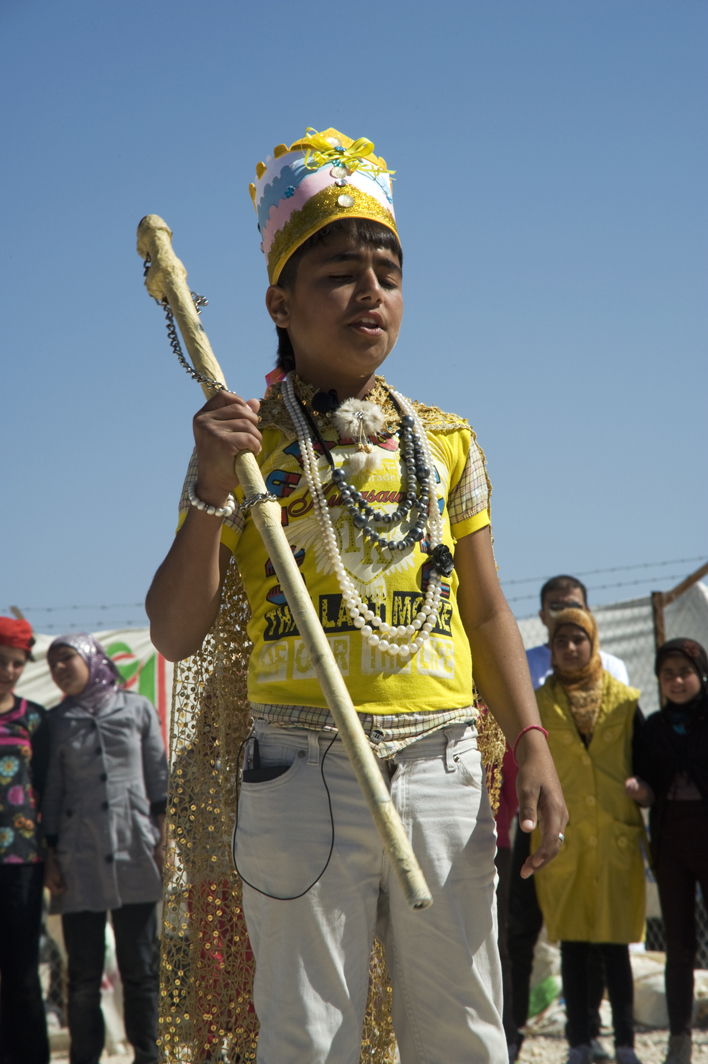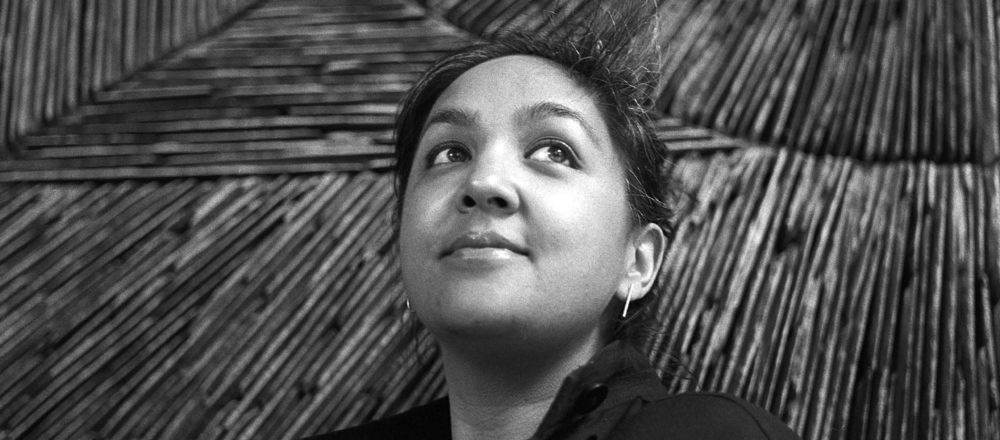Preti Taneja is a writer whose debut novel We That Are Young explores dynastic families in a contemporary India, resonant with intergenerational oppression and corporate interests. Drawing from her background as a human rights reporter for Minority Rights Group and experience facilitating Shakespeare workshops in post-conflict zones, Preti uses her experiences in Jordan, Rwanda and Kosovo to discuss language, activism, and advocacy.
She speaks to Jacinta Mulders about the importance of championing for human rights at all levels of society in the weeks after her novel, We That Are Young, is released by Galley Beggar Press.
Jacinta Mulders: Can you tell me about your fieldwork—for the novel but also as a human rights reporter?
Preti Taneja: [For the novel] I did a lot of in depth research in India, talking to people from all kinds of backgrounds in Delhi and Kashmir. I’ve been going there since I was young so I’ve always been inside those experiences. I’ve done other human rights work in Kenya, in Rwanda, in slum areas of Nairobi, and with refugees in Jordan, Syria and Sweden, where a large population of Iraqis have been granted asylum since 2003.
One of my most personally striking moments was in Kosovo. I was 15 when the Balkan conflict began. The theatre practitioners I now work with there were born the same year as me – and when I was doing GCSE Shakespeare, they were being educated in a parallel system, but their language and culture was being ethnically cleansed. Some of them were joining the armed resistance, actually fighting Serb forces. It was a privilege to work with them as they were making their own art for peace-building – by staging a Kosovan-Serb co-production of Romeo and Juliet in fact.

Majd Ammari as King Lear in Zaatari 2014. Image courtesy of Nawar Bulbul.
What do you think art can do for advocating on human rights in the sorts of environments you’re studying at the moment? It seems — particularly when considering crisis response — as though art is always last on the agenda. What do you think the benefits of art are in camps or post-conflict zones?
The right to participate in a cultural life is a fundamental human right. This goes beyond being able to access culture, to actual participation—which means, you get to go on stage, you get to make the film, you get to write the play and have it performed and be in it and so on and so on. I don’t know where to start with this one. Think about it. Being imprisoned with no access to human expression is one of the worst things we can think of to do to our fellow human beings short of killing them. When you take art into refugee camps, or make spaces for art in conflict, what you’re doing is engaging people’s creativity, but more than that you’re filling in time in a way that allows for human development.
Drawing on your experiences how can people be effective advocates for human rights?
One way I think that people can be effective advocates is by doing their best to learn a language. Arabic, Spanish, French, Mandarin — that is totally invaluable. If you can speak to a person in their own language you’re already showing that you are willing to step into their world.
And what about advocacy in trying to bring attention to a human rights situation or crisis? How do you think people should go about that?
It depends. If you’re working to advocate for particular groups at the UN level the strategic priorities are really tough. But in certain high-level meetings it always makes a difference to have a person from the community there to speak for themselves. I know advocates and excellent human rights lawyers who have worked tirelessly to get stateless people, for example, across borders and into UN meetings. When they give their statements in person, it has huge impact.
It’s only by being friends with people of multitude perspectives that you can form an opinion, for yourself, on how you want to be in the world.
I always assumed that the human voice got lost in the bureaucracy of these types of meetings. It’s encouraging to know that meeting participants are pushing for that sort of involvement.
Yes – and when they can’t there is a chance mobile phone cameras could be used. My partner is a human rights filmmaker—video footage is so powerful. It can’t be controlled.
I’ve noticed from my own studies in human rights law that the documents submitted by countries to UN bodies, for example, the Human Rights Council, are rarely wholly truthful. There are always a lot of omissions and elisions. In a more general sense, how do we combat slippery political rhetoric?
I think one of best ways to do that is to read as widely as you can. Don’t ever get caught in a bubble, either on Twitter or Facebook or left-wing press or right-wing press, or any kind of website. Don’t become too reliant on any one media. And always read fiction and nonfiction that is outside your comfort zone.
The best way to do it is just to get out and meet diverse people, get involved in different things, ask yourself: How many old people do you have in your life? How many young people do you have in your life? How many people of colour or diverse sexuality do you have in your life? How many people who like different music do you have in your life? Where are your ideas and your influences coming from all the time? Because it’s only by being friends with people of multitude perspectives that you can form an opinion, for yourself, on how you want to be in the world.
How do you find it, talking to people in those circumstances?
I tend to listen more than I talk, I think that’s really important, and I never assume that—I mean, people live their lives in every environment that they can. And whatever their human experience is, there’s this resilience that comes out of that, whether you’re in a hospice in a small town in England at the end of your life, or you’re a genocide survivor with a young child and you don’t know if they’re going to develop AIDS. You can bet your life that both of those women have fallen in love, they’ve lost something they’ve really cared about, they’ve had dreams and ambitions that have nothing to do with the stuff that has happened to them. ‘Refugee’ is such a blanket term. I mean all the people I’ve worked with in refugee camps are cooks, actors, musicians, English teachers, mothers. ‘Refugee’ is literally the last word that they would use to describe themselves.
You can follow Preti Taneja’s work (and musings) here.


